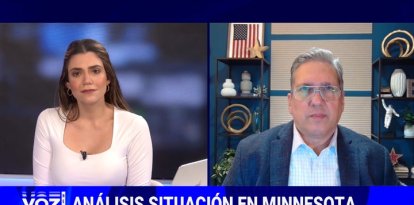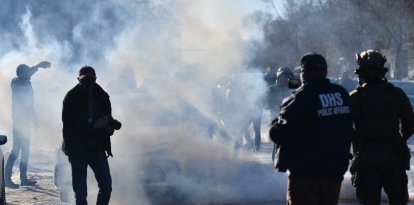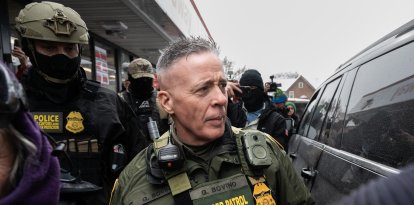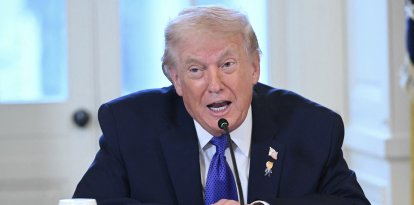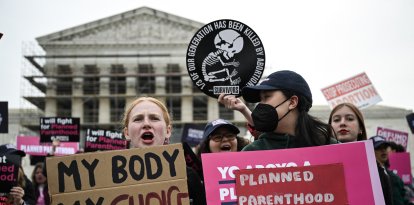Supreme Court blocks deportation of immigrants under the Alien Enemies Act
More than 50 Venezuelans were believed to have been scheduled for deportation to El Salvador from an immigration detention center in Anson, Texas.
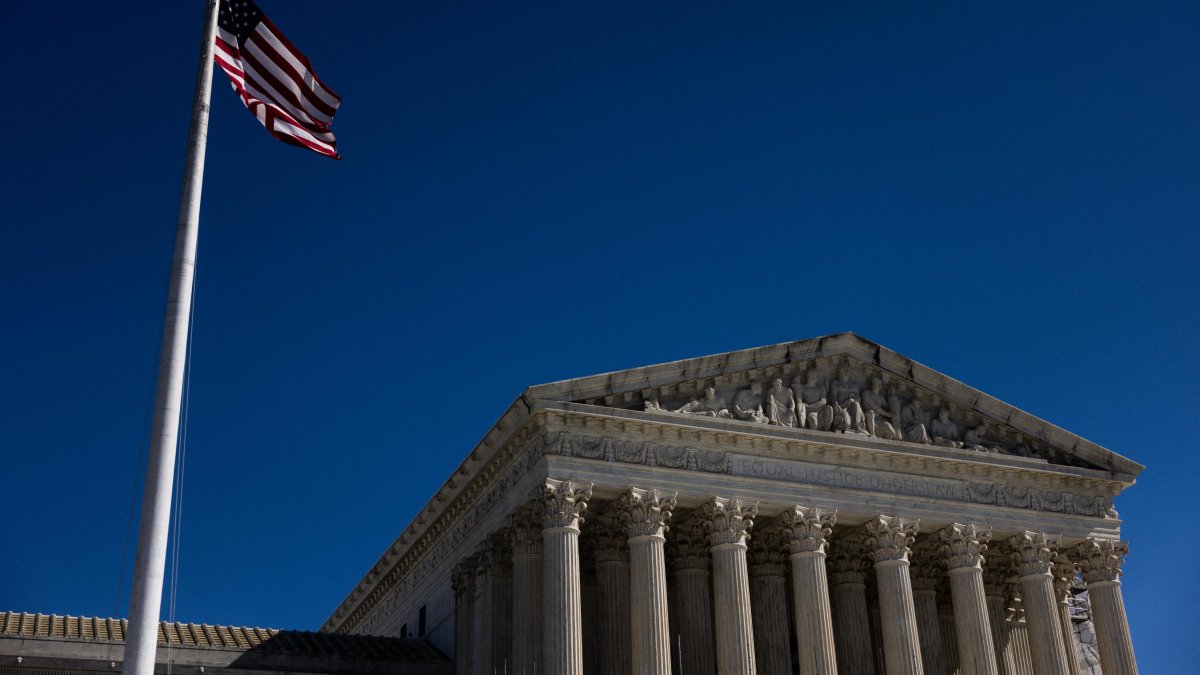
The US Supreme Court in Washington
The U.S. Supreme Court on Saturday halted the deportation of several alleged Venezuelan gang members from Texas to a prison in El Salvador.
"The Government is ordered not to remove from the United States any member of the alleged class of detainees until further order of this Court," the justices said in an unsigned brief issued early Saturday morning.
Conservative justices Clarence Thomas and Samuel Alito publicly dissented from the decision, which was issued around 12:55 a.m., according to the text posted on the Supreme Court's website.

Politics
Judge Boasberg sees probable cause to hold Trump administration in contempt over deportation flights
Williams Perdomo
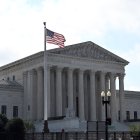
World
Supreme Court allows Trump to resume deportations of Tren de Aragua members under the Alien Enemies Act
Luis Francisco Orozco
ACLU filed urgent requests
The dispute revolves around dozens of Venezuelans held at the Bluebonnet Detention Center in Anson, South Texas. Attorneys from the American Civil Liberties Union (ACLU) filed urgent petitions on Friday in multiple courts, including the Supreme Court, urging immediate intervention after reports indicated that some of the men had already been placed on buses and told they would be deported.
The ACLU stated that the fast-paced developments were denying the men a fair opportunity to challenge their removal, as the Supreme Court had previously mandated.
Lawyers for several previously deported Venezuelans argue that their clients are not members of the Tren de Aragua, claim they have committed no crimes, and assert that they were primarily targeted in this campaign due to the tattoos on their bodies.
To date more than 200 immigrants, mostly Venezuelans, have been transferred to Salvadoran prisons.
Alien Alien Enemy Act and deportations to El Salvador
Last month, U.S. President Donald Trump invoked the Alien Enemies Act of 1798 to arrest alleged members of the Tren de Aragua and deport them to a maximum-security prison in El Salvador.
Until now, the law had only been used during the War of 1812 against the British Empire and its Canadian colonies, as well as during both World Wars.
By declaring the organization a terrorist entity, the Trump administration argues that it has the authority to apply this controversial law in order to protect the country from criminals.
Opportunity to defend itself
The Supreme Court had already indicated earlier this month that anyone facing deportation under this 18th-century law should be given the opportunity to legally challenge their removal.
The ACLU stated in its appeal on Friday that migrants held in Texas were at risk of "being removed from the United States without notice or an opportunity to be heard."
"Many individuals have already been put on buses, presumably headed for the airport," the group added.
















